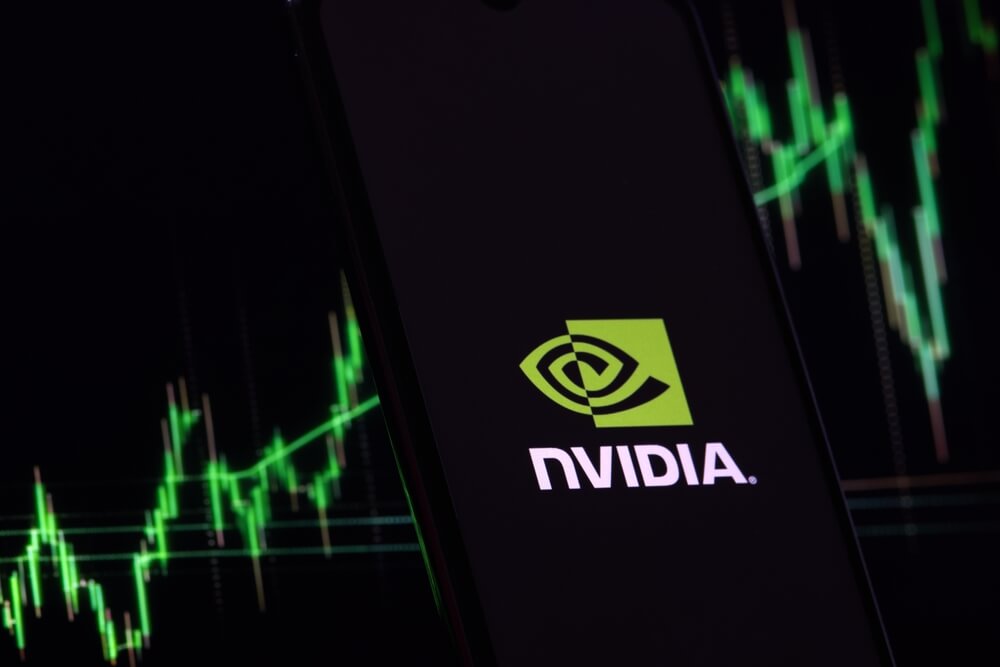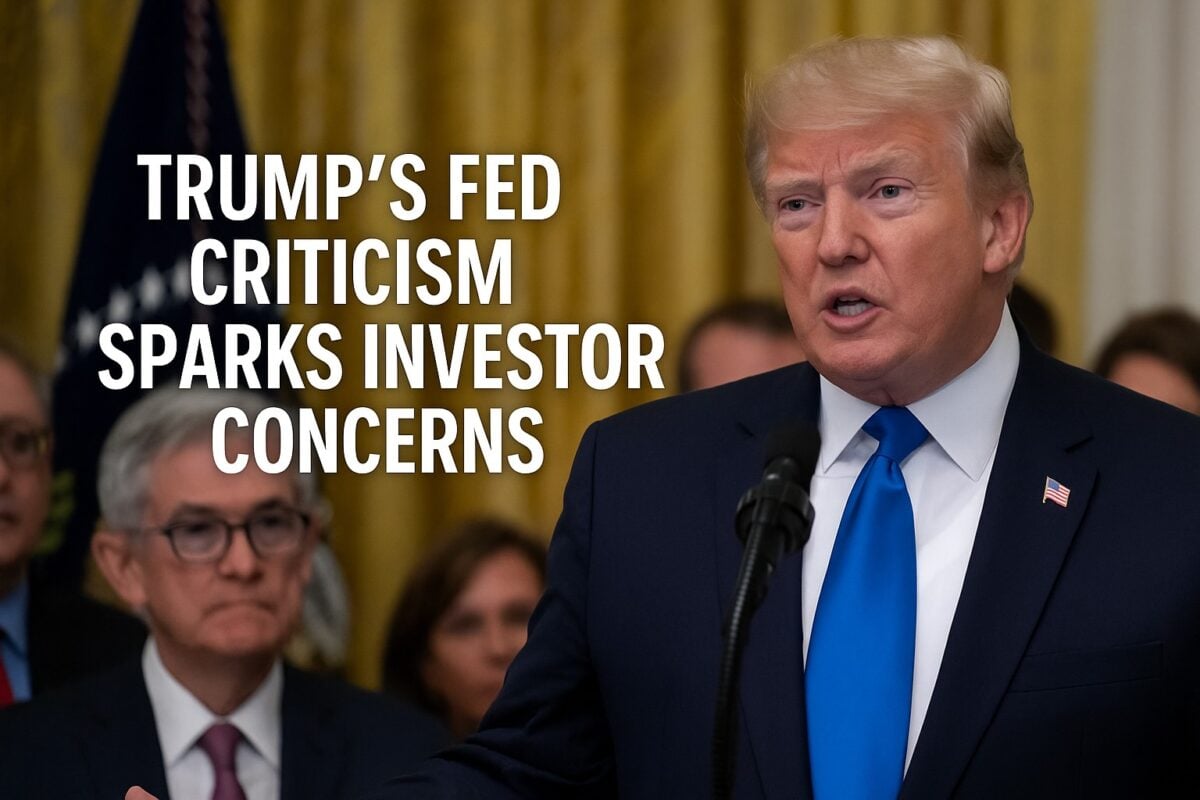
Nvidia’s Meteoric Rise: A Double-Edged Sword
Quick Look:
Nvidia’s Growth: Stock surged over 160% in 2024 and sevenfold in three years due to advancements in GPUs.
Insider Selling: Significant sales by key insiders, including CEO Jensen Huang and EVP Deborah Shoquist, have raised concerns.
Reasons for Selling: Insiders may sell for reasons like diversification or financial planning, not necessarily reflecting company performance.
Nvidia (NVDA) has been on an extraordinary trajectory, witnessing its stock price skyrocket more than seven times over the last three years and soar over 160% in 2024 alone. This remarkable growth can be attributed to Nvidia’s pioneering advancements in graphics processing units (GPUs), which have cemented the company as a leader in the tech industry. As a result, investors who got in early have seen tremendous returns, making Nvidia a stellar performer in their portfolios. However, recent insider selling has cast a shadow of doubt over the stock’s future performance. The question arises: should you follow suit and sell your Nvidia shares?
Nvidia CEO Huang Offloads $15.5M in Shares in Major Insider Sale
Since the beginning of May, Nvidia has filed 10 Form 144 documents with the U.S. Securities and Exchange Commission (SEC). For those unfamiliar, Form 144 serves as a notice of the proposed sale of securities. This form is mandated only when there’s a planned sale of 5,000 or more shares or an aggregate amount exceeding $50,000. These filings indicate that key insiders, who possess detailed knowledge about the company’s operations and prospects, are offloading significant portions of their holdings.
The most notable insider selling comes from Nvidia’s CEO, Jensen Huang. On June 13, 2024, Huang planned to sell 120,000 shares, a transaction valued at approximately $15.5 million at the market close on that date. This move by the company’s top executive might raise eyebrows among investors, prompting concerns about the stock’s future trajectory. Yet, Huang isn’t alone. Deborah Shoquist, the Executive Vice President of Operations, sold 41,140 shares worth more than $45 million on June 3, 2024. This wave of insider selling extends to several board members, including Dawn Hudson, Tench Coxe, Michael McCaffery, John Dabiri, Brooke Seawell, and Mark Stevens, who have all sold significant numbers of shares in recent weeks.
Evaluating the Impact: Should You Be Worried?
Insider selling can often be a red flag, hinting that those closest to the company may lack confidence in its short-term prospects. However, it’s crucial to consider the broader context before making any hasty decisions. Insiders might sell shares for various reasons unrelated to the company’s performance, such as portfolio diversification, personal financial planning, or meeting tax obligations.
Despite the recent insider sales, Nvidia’s underlying business remains robust. The company continues to execute exceptionally well, maintaining strong demand for its GPUs. Nvidia’s technological innovations and strategic positioning in emerging markets like artificial intelligence and autonomous vehicles further bolster its growth potential. These factors suggest that the company’s long-term prospects are still bright.
For investors, Nvidia’s jaw-dropping gains might have caused the stock to represent an outsized portion of their overall portfolio. In such cases, it might be prudent to trim positions to rebalance and mitigate risk. However, selling based solely on insider transactions might not be the wisest approach, especially given the company’s solid fundamentals and growth trajectory.
While insider selling can be a cause for concern, it doesn’t necessarily spell doom for Nvidia. The company’s impressive performance and ongoing innovation provide compelling reasons to hold onto the stock. Investors should weigh the insider activity against Nvidia’s strong business outlook and make informed decisions based on their investment goals and risk tolerance. Maintaining a balanced perspective is key to navigating the complexities of insider transactions and stock market dynamics.


